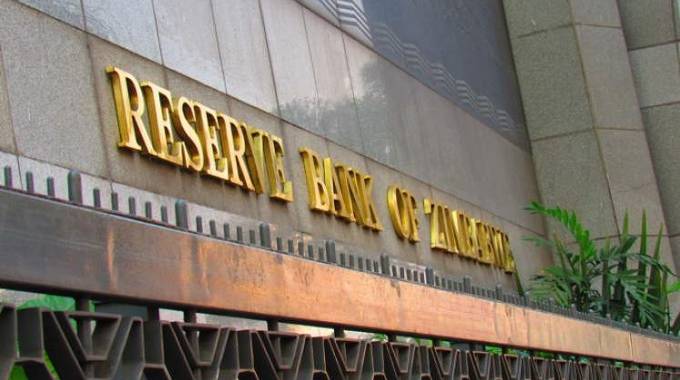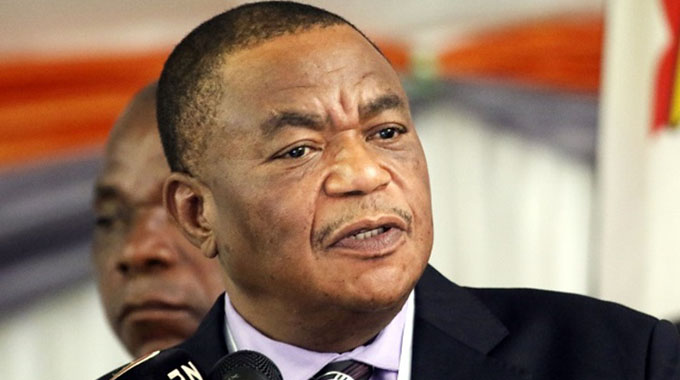RBZ raises $650m from TBs

Tawanda Musarurwa
The Reserve Bank of Zimbabwe (RBZ) raised $650 million through Treasury Bills (TBs) last week after it issued a one-year paper that had targeted to mobilise $1 billion.
Full subscription would have made it the biggest raise since the fiscal authorities placed a moratorium on TB issuances in 2018.
Treasury has indicated plans to raise $30 billion through the issuance of Treasury Bills and bonds to finance more Government projects in line with the 2021 National Budget.
TBs are short-term financial instruments issued by the Government Treasury to be paid at par-value after a particular maturity period, often a maximum of a year.
A stable macro-economic environment has seen market appetite for Government paper improving in recent months.
And the authorities’ leaning towards TB issuances can be attributed to present budgetary constraints on the back of limited external credit support.
The TBs, which were issued on June 17, raised $650 million at an average rate of 20,7692 percent.
The lowest rate was 20 percent, and the highest rate was 22 percent.
All bids were allotted.
In the past two issuances, the central bank has stuck to one year —365 days — paper, although the trend in issuances has consisted of a combination of 180 day, 270 day and 365 day paper, while maturity period for the bonds ranges from two years to 10 years
In April, Government was again in the market seeking $500 million.
But unlike in previous years, where TB issuances were almost excessive, the current ones have been planned for.
The funds being raised through TBs are part of budgetary support that was announced by Finance and Economic Development Minister Mthuli Ncube in the 2021 National Budget Statement.
According to the Government Debt Plan for 2021, TB auctions will now be held every Thursday with 80 percent of the money expected to be raised from the treasury bills while the remainder from Treasury bonds.









Comments